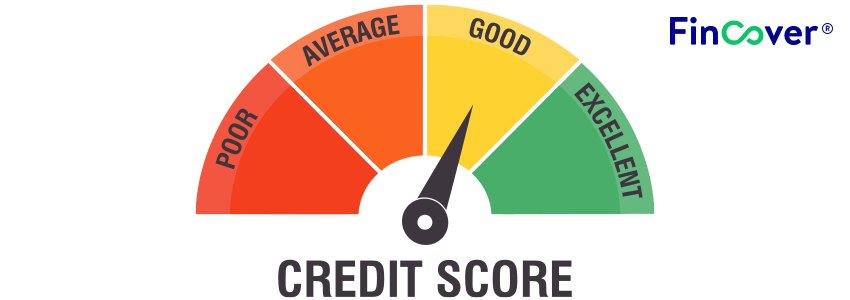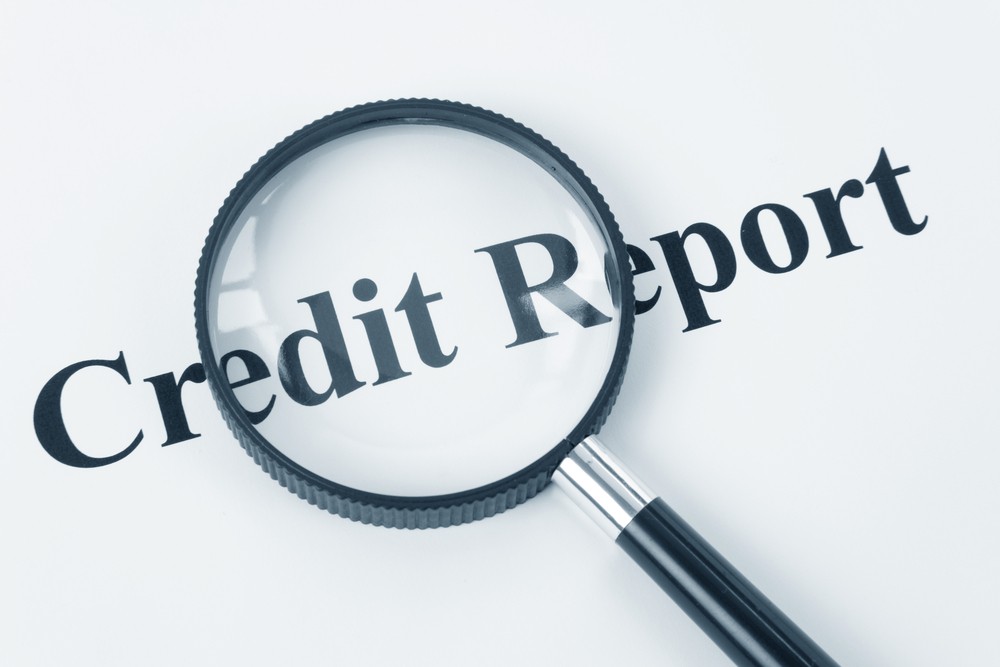A Personal Loan can be really helpful when you require funds in a pinch. Before such a loan is sanctioned, the banks will conduct various checks to ensure you qualify for the name. One of the main components that will determine your loan eligibility is your credit score. A Credit score is a three digit number in the range of 300-900, which indicates your creditworthiness. It basically indicates how well you handle your debts with your income and liabilities. A Credit score in the range of 750+ is desired by most of the lenders (both Banks and NBFCs). There are four bureaus authorized to compile credit scores of individuals, when you apply for loan to any financial institution like a bank or NBFCs, they place a hard enquiry with the credit bureau to obtain your credit score and they will take a call whether to sanction your loan or not. They are – Transunion CIBIL, Experian, Equifax, and CRIF Highmark.
Credit score extends its use beyond the realms of getting your loans sanctioned; they impact your employment opportunities and getting other financial products like credit cards. CIBIL score is often in demand by various lenders as they reflect the creditworthiness of the individual correctly. This guide is all about demystifying the CIBIL score and enabling you get a better hold over your financial future. You can check your free credit score at Fincover
How is CIBIL Score calculated?
Your CIBIL Score is calculated by giving weightage to various components as listed below
30% Weightage to Payment history – It checks how you good you are in settling your bills and EMI obligations
25% weightage to Credit exposure – Your credit utilization ratio must be less than 30%
25% weightage for credit duration – You must not have too many credit accounts and have take too long time to settle your dues
20% weightage for factors like Credit Card enquiries
CIBIL Score and its importance
CIBIL score is often the biggest parameter used to determine the eligibility of your loan. It is an indication of your creditworthiness. A Valid CIBIL Score falls in the range of 300-900. The higher your score, the higher your chance of getting your loan application approved. Typically, lending institutions expect a credit score of 750+ in order to sanction all kinds of loans. A higher credit score indicates responsible financial behavior, low credit utilization, and a stable credit history. Such segment of people with higher credit scores, get benefits such as lower interest rates and higher amount. Conversely, people with lower credit scores find it hard to obtain from loans and credit cards. Even when they are sanctioned, they are charged higher interest rates and stricter repayment conditions.
Your CIBIL Score depends on your debts like outstanding on credit cards, EMI obligations, etc. Personal Loan application is likely to be rejected for CIBIL defaulters than someone with a healthy credit score. This approach of vetoing individuals with credit score limits the risks for lenders. Thus CIBIL score acts as a crucial tool in maintaining responsible lending practices.
What are the factors that affect your credit score?
Several factors affect your credit score, the most significant being your repayment record
Timely payment of your dues indicate that you are a reliable borrower and can be trusted
It is also important to maintain a low credit utilization of 30%, anything higher would reduce your prospects of getting loan
Age of your credit accounts play a vital role in enumerating your creditworthiness. Lenders often prefer individuals with longer credit scores.
Review your credit report periodically and identify errors which could hamper your loan prospects
Conclusion
In conclusion, demystifying your credit score is an essential step towards attaining financial prosperity and stability. Understanding how your credit score would allow you to take a well-informed credit decision. If your credit score, happens to be low, you can enroll in the Credit360, India’s best credit improvement services at an affordable price.


















